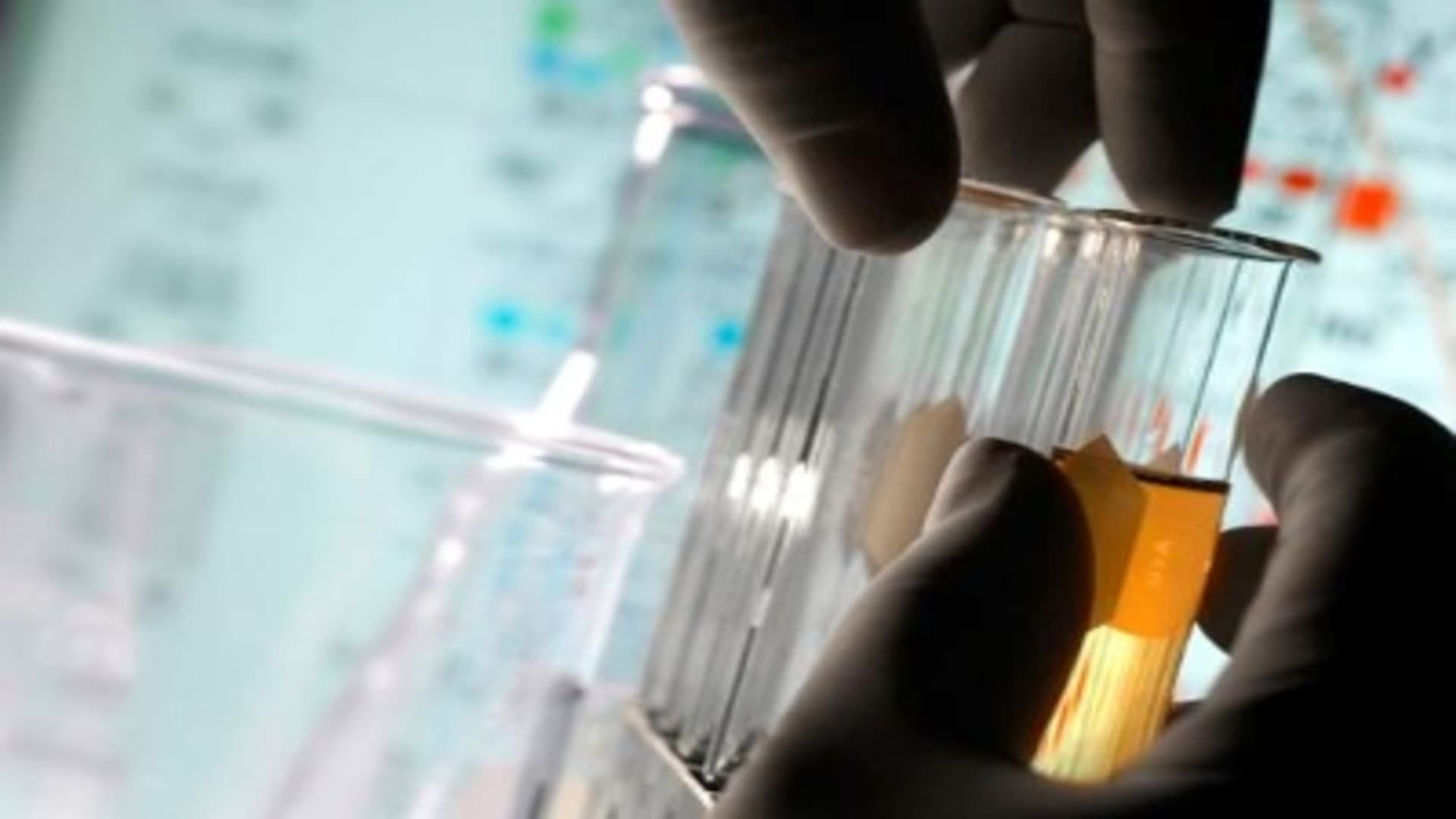
Morgan Stanley said Japanese biotech firm SanBio ‘s stock could rise by 398% in the next year. The bank has a price target of 4,100 yen ($28) on the stock, which closed at 824 yen Thursday. SanBio develops regenerative cell medicines for issues such as strokes and brain injuries. Morgan Stanley’s bullish take on the stock, outlined in a note on global equities to clients on Oct. 28 , comes despite a delay in the approval of the company’s traumatic brain injury treatment. The treatment, known as SB623, was expected to be approved by regulators in September but is now facing delays after questions were raised over its manufacturing. However, equity analysts covering the pharmaceutical sector at Nomura, Japan’s largest investment bank, remain confident that the treatment will be approved. “We still think that SB623 will be approved, based on the effectiveness shown in completed trials; its Sakigake (fast-track) status; and the filing that has been submitted,” they said. “If and when SB623 is launched, we think that it will not only improve the quality of life of TBI patients, but might also make a major contribution to longer term earnings at SanBio and have implications for pipeline advances in conditions other than TBI,” said Nomura’s Kyoichiro Shigemura, who has a price target of 2,760 yen on the stock — putting its potential upside of 235%. Morgan Stanley’s analysts also said the company will raise sufficient capital in its latest funding round and won’t require further cash injection from shareholders. Japan’s Ministry of Health has previously encouraged the development of cell therapy and regenerative medicine, with 15 therapies gaining approval over the past seven years. SanBio’s traumatic brain injury treatment has completed phase 2 trials in Japan and U.S., and analysts believe it will be a significant source of revenue once approved in Japan. Shares in the company have dropped by 30% in the past week after the firm told investors of the delay. Analysts at Jefferies, who have a hold rating on the stock, expressed skepticism on whether the treatment will be approved in a meaningful time period, however. “Contrary to past practice, SanBio has not offered any updated guidance on when it thinks approval might eventually be granted, leaving us with a negative impression,” they said. —CNBC’s Michael Bloom contributed to this report.
